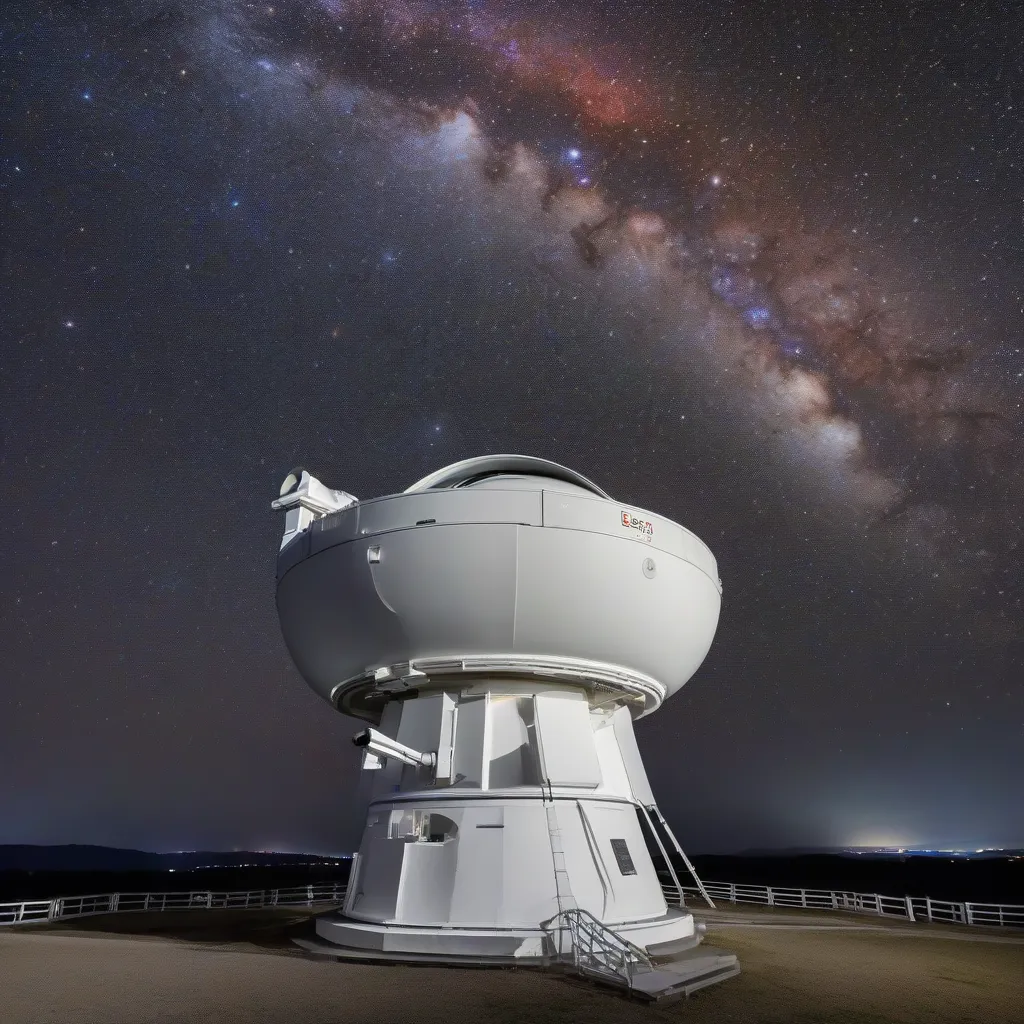Have you ever looked up at the night sky, filled with twinkling stars, and wondered, “Can I hear those stars?” Or maybe you’ve watched a rocket launch and pondered, “How does light from the sun reach us through the vast emptiness of space?” These questions touch upon a fundamental aspect of our universe: how energy travels. Today, we’ll dive into the fascinating world of light and sound waves to discover if they can, indeed, journey through the cosmos.
The Cosmic Dance of Waves
Before we embark on our cosmic exploration, let’s clarify what waves are. Imagine tossing a pebble into a serene lake at a place like West Lake, Hanoi. What happens? Ripples, right? These ripples are a type of wave, transferring energy across the lake’s surface.
Similarly, light and sound are also forms of energy traveling in waves. However, they have crucial differences that dictate their ability to traverse space.
Light Waves: Cosmic Travelers
Light is an electromagnetic wave, meaning it consists of oscillating electric and magnetic fields. These fields don’t need a medium to travel through, unlike the ripples in our lake example. They can move through the vacuum of space at a staggering speed – approximately 299,792,458 meters per second, the fastest speed anything can achieve!
That’s why we can see starlight from distant galaxies millions of light-years away. The light from those stars has been traveling through space for millions of years to reach our eyes.
Sound Waves: Earthbound Whispers
Sound, on the other hand, is a mechanical wave. It relies on the vibration of particles in a medium like air, water, or solids to propagate. When you speak, your vocal cords vibrate, causing air particles to bump into each other, creating a domino effect that carries the sound to a listener’s ears.
“Sound needs something to ‘bump into’ to travel,” explains Dr. Emily Carter, a renowned physicist and author of “The Whispers of the Universe.” “Without a medium, like the air we breathe, sound simply can’t exist.”
So, while light waves can effortlessly glide through the vacuum of space, sound waves are left stranded, unable to venture beyond Earth’s atmosphere.
 Astronaut floating in the vastness of space
Astronaut floating in the vastness of space
Exploring the Sound of Silence in Space
If you were to stand on the moon – a place devoid of atmosphere – and someone tried to shout to you from a short distance away, you wouldn’t hear a thing. Not even a faint whisper. The sound waves simply wouldn’t be able to travel through the vacuum.
This silent reality has significant implications for space exploration. Astronauts on spacewalks communicate through radio waves, a type of electromagnetic wave like light, which can travel through space.
The Intriguing Connection Between Sound and Light
Although sound cannot travel through space in the way we traditionally understand it, astronomers have found fascinating ways to “hear” the cosmos. They use specialized instruments to detect and translate radio waves, X-rays, and other electromagnetic radiation emitted by celestial objects into sound.
This allows scientists to “listen” to the symphony of the universe, uncovering secrets about black holes, exploding stars, and even the faint whispers of the Big Bang.
 A telescope pointing towards a starry night sky
A telescope pointing towards a starry night sky
Frequently Asked Questions about Sound and Light in Space
Q: If sound can’t travel through space, how do we hear the roaring sound of rocket launches?
A: The roaring sound of rocket launches is heard because the sound waves travel through the air surrounding the rocket. Once the rocket reaches the upper atmosphere, where there is little to no air, the sound dissipates.
Q: Can light from the sun damage our hearing?
A: No, light itself cannot damage our hearing. However, prolonged exposure to loud noises, which often occur in bright environments, can lead to hearing loss.
Q: If we could travel at the speed of light, would we be able to hear sound in space?
A: This is a fascinating thought experiment! Even if we could travel at the speed of light, we still wouldn’t be able to hear sound in a vacuum. Remember, sound waves need a medium to propagate, and even at the speed of light, we wouldn’t be changing the fundamental nature of sound waves.
Unveiling the Mysteries of the Cosmos
The exploration of light and sound waves in space unveils the fascinating interplay between energy, matter, and the vastness of the cosmos. It reminds us that even in the seeming emptiness of space, a symphony of energy and information is constantly being exchanged, shaping the universe we know and are still striving to understand.
So, next time you gaze at the stars, remember that while you might not be able to hear their music directly, they are constantly “talking” to us through the language of light, sharing their stories across unimaginable distances.
For more intriguing explorations of science and travel, be sure to check out other fascinating articles on TRAVELCAR.edu.vn.

